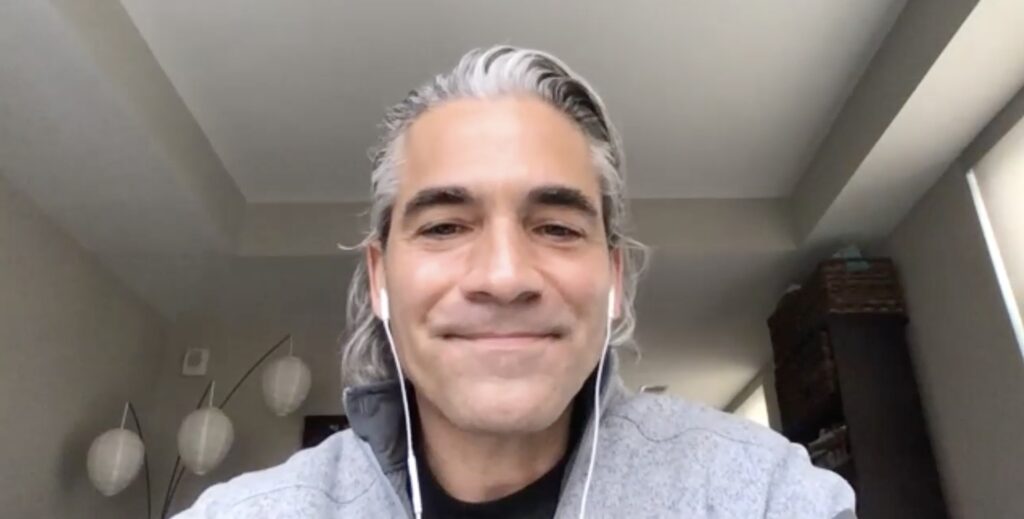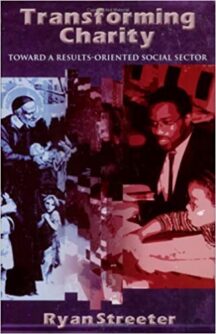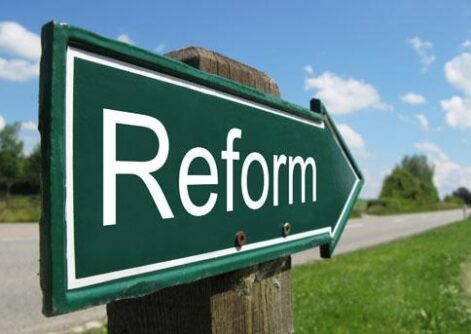The think tank’s director of domestic-policy studies talks to Craig Kennedy about state and local government, “compassionate conservatism,” and what philanthropy can do to replace stagnation with dynamism in our society.
In addition to being a genuinely nice person, American Enterprise Institute (AEI) director of domestic-policy studies Ryan Streeter is an astute observer of social, cultural, economic, political, and philanthropic trends in America and a rigorous analyst about those public policies which help or hinder those trends from going in the right directions.
Streeter oversees AEI’s research in education, technology, housing, poverty studies, workforce development, and public opinion. He has worked as an advisor to Indianapolis Mayor Steve Goldsmith, Indiana Gov. Mike Pence, and President George W. Bush, including in the heyday of “compassionate conservatism.”
He’s also been a fellow at the Legatum Institute, the Sagamore Institute, and the Hudson Institute. I first met him when he was at Legatum, which was doing a joint project with the German Marshall Fund of the United States (GMF), which I led at the time. He was later a GMF Transatlantic Fellow, as well.
Streeter is the author of Transforming Charity: Toward a Results-Oriented Social Sector, co-author (with Don Eberly) of The Soul of Civil Society: Voluntary Associations and the Public Value of Moral Habits, a contributor to Goldsmith’s Putting Faith in Neighborhoods: Making Cities Work Through Grassroots Citizenship, and editor of Religion and the Public Square in the 21st Century.
Below is the first of two parts of a conversation that Streeter was kind enough to have with me and The Giving Review co-editor Mike Hartmann last week. After Hartmann’s brief introduction, Streeter and I talk about state and local government, “compassionate conservatism,” and what philanthropy can do to replace stagnation with dynamism in our society during the 17-and-a-half-minute video.
“There's this kind of stagnating effect in our society,” Streeter said.
It seems like looking at different ways to challenge that—whether through school reform, cultivating an entrepreneurial mindset in younger people, and then working with officials to make it easier to do things like starting a new business, making it easier to move reforms of the social safety-net system—all of those are areas that really need attention, that policymakers on their own right now don't seem equipped to address. I think it's a particularly unique place for philanthropists, people who want to invest their private resources, to try to address some of these issues.
…
I think the amount of giving to organizations with this concern for the future of dynamism in America is sort of underserved compared to what the what the need is.
The conversation’s second part—in which we cover the changing nature of philanthropy, different ways of thinking about grantmaking to better society, and think tanks —is here.






